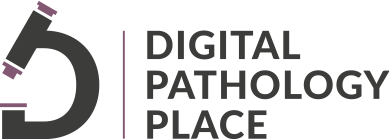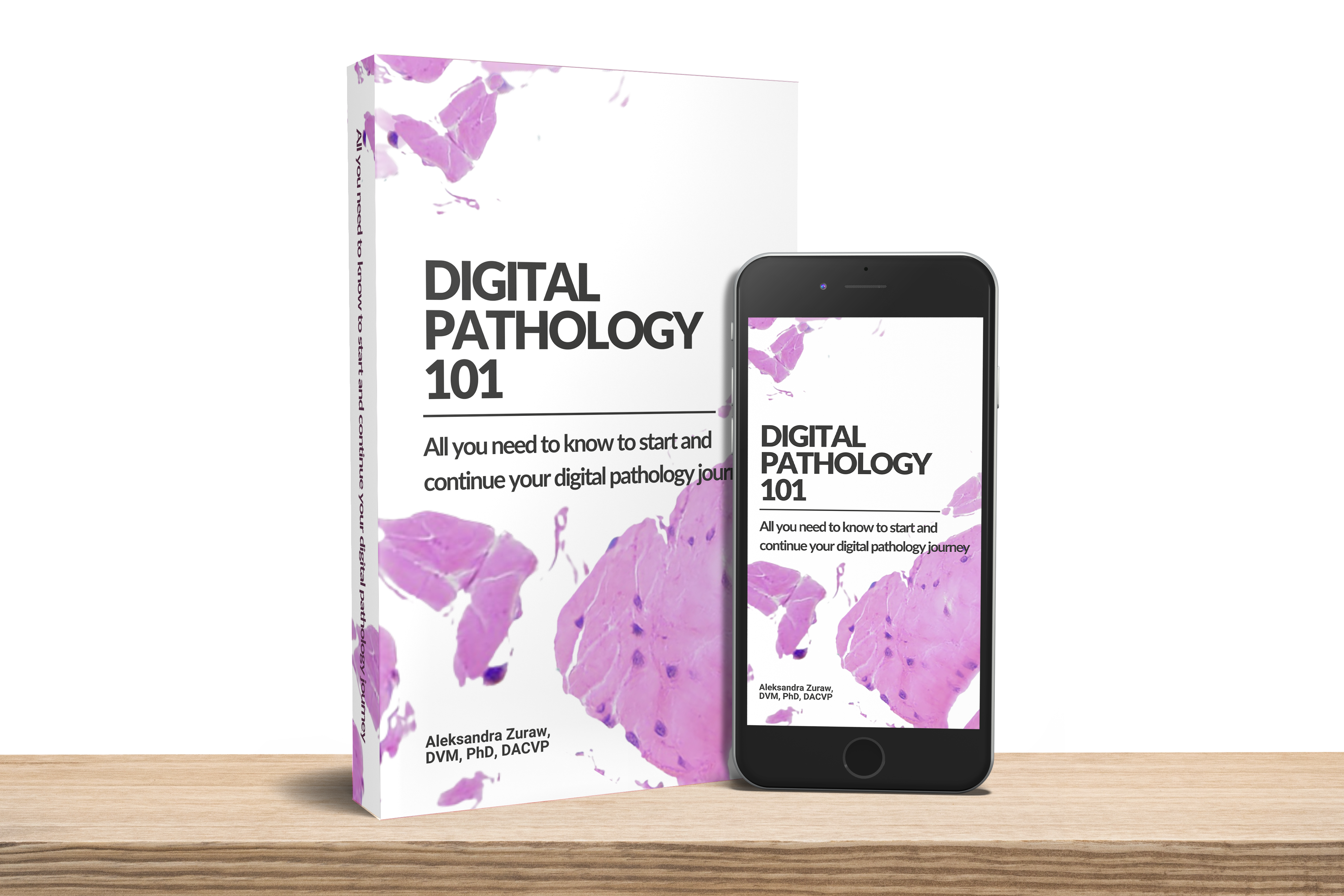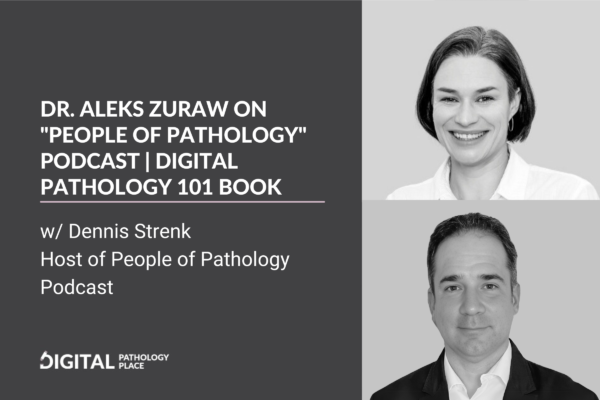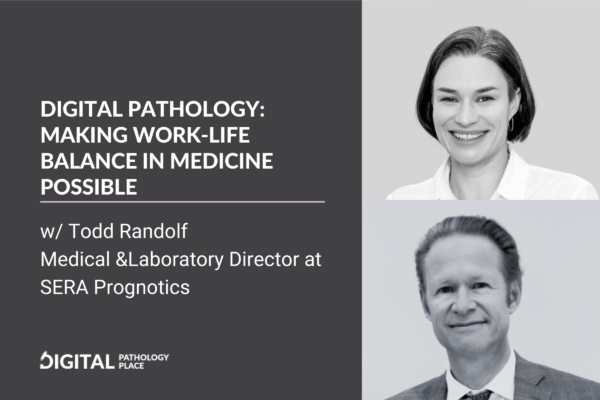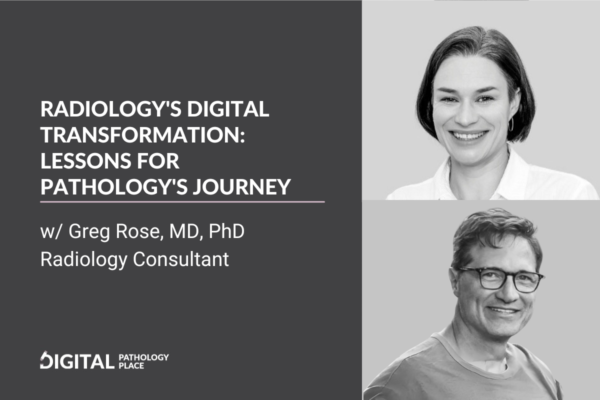I met Chen Sagiv in person in 2019 at the European Congress of Toxicologic Pathology in Cologne, Germany after previously interacting for several months on social media. We stayed in touch ever since and started working on several projects together. Because of her expertise and the great relationship we have developed, she is now my go-to person in the computer vision field.
DIY AI-based image analysis for pathology. How DeePathology incorporated respect for pathologists’ time into their software w/ Chen Sagiv
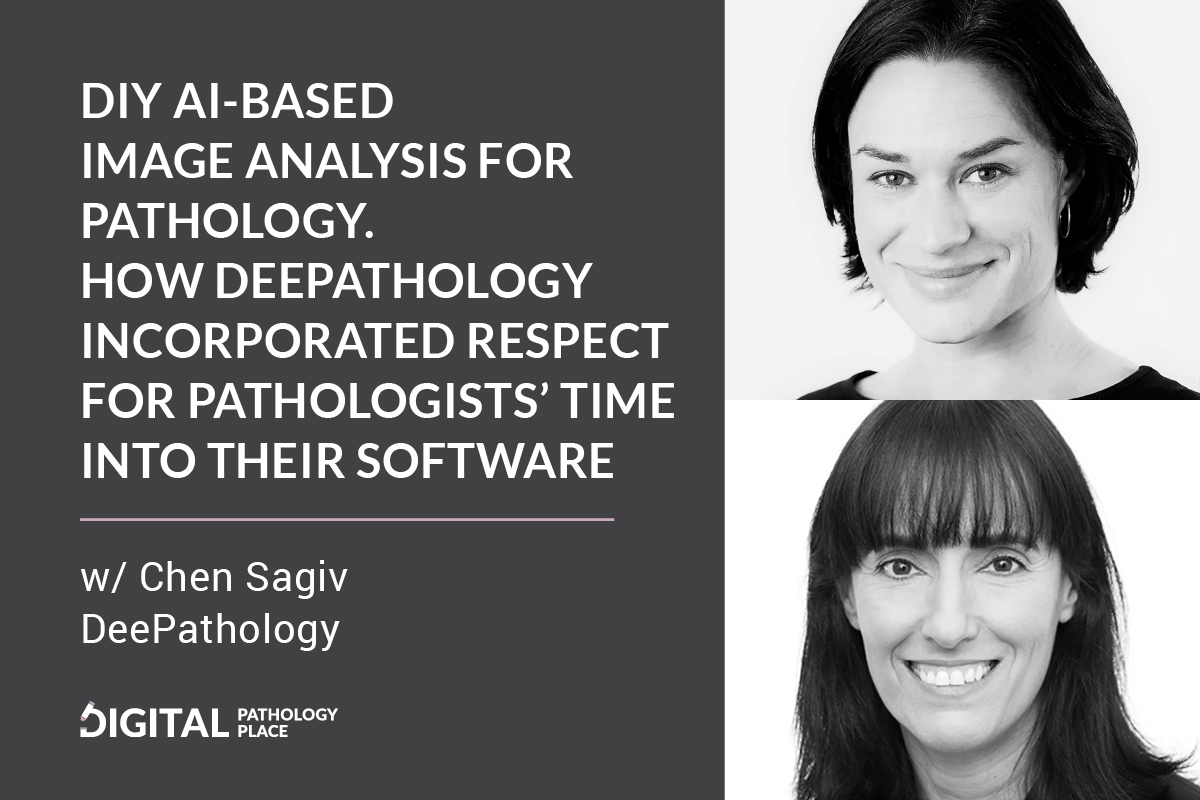
Chen is a mathematician and a computer scientist specialized in computer vision. She is the founder of several tech companies and one of them – DeePathology– has the goal of democratizing pathology. DeePathology’s mission is to bring artificial intelligence to pathologists and to make it as easy and as user friendly as possible. DeePathology’s software – The Studio – is designed not only to be easy to use for pathologists and life scientists but also to shorten the time required to perform annotations.
Annotating structures for training deep learning models is a time consuming and tedious task. By incorporating the principles of active learning into the software the time necessary to generate annotations is significantly reduced. After providing the model with some examples of the structures of interest it starts learning and actively asking the user to review the non-annotated structures recognized by the algorithm. This respect for pathologists’ time is something rarely incorporated into digital pathology software design.
webinar
Digital Pathology Place and DeePathology are hosting a webinar series called “When a Pathologist meets a Mathematician” where we bridge the pathology and computer science concepts. To join our next webinar
“The Good, the Bad and the Biased – How can pathologists assess the correctness of AI?”<a
Register here
To learn more about artificial intelligence register for Chen’s free
“AI for Pathologists” course here
In this course, Chen explains the AI principles to pathologists and life scientists who are interested in the subject and want to understand and implement this discipline into their own work.











